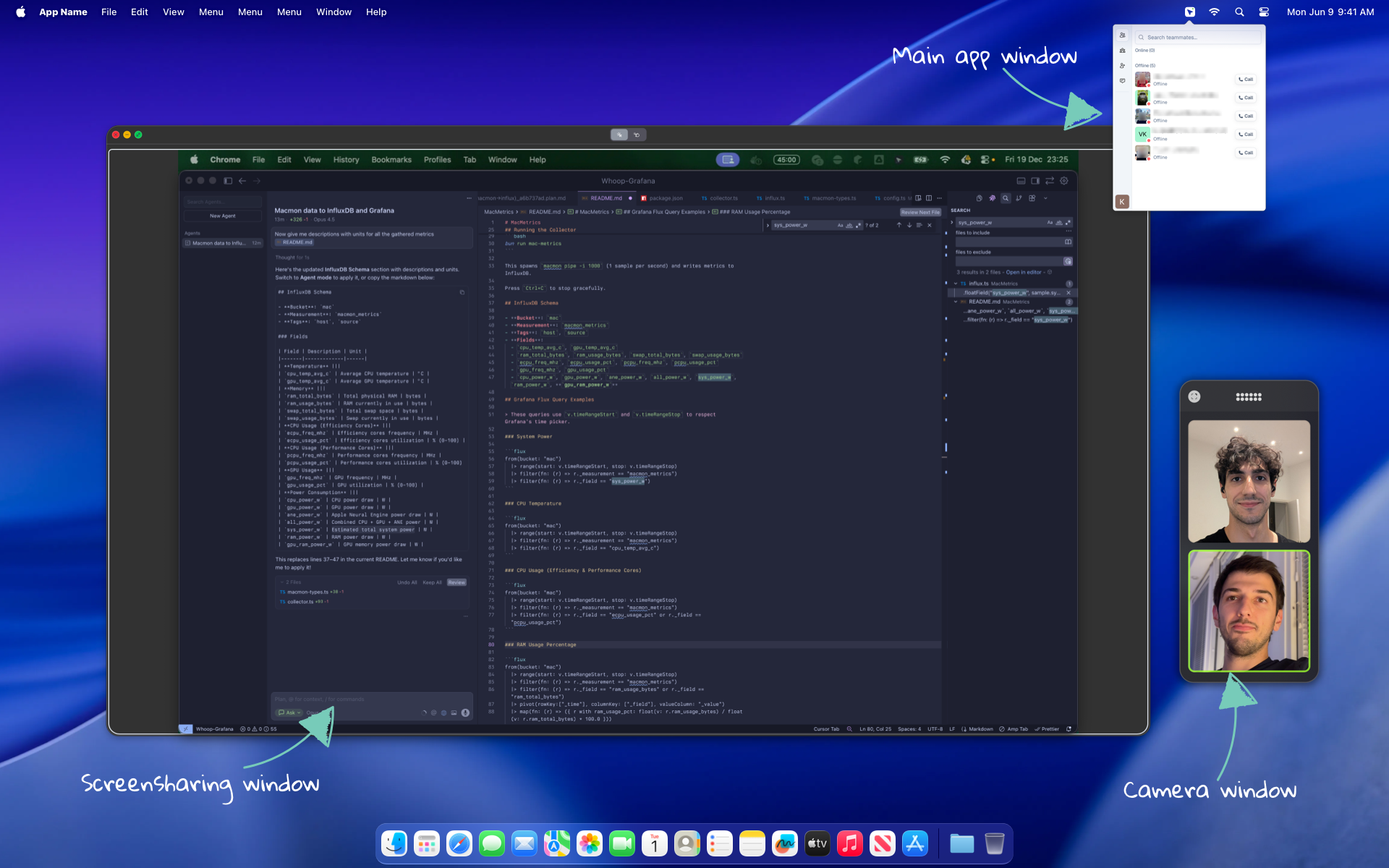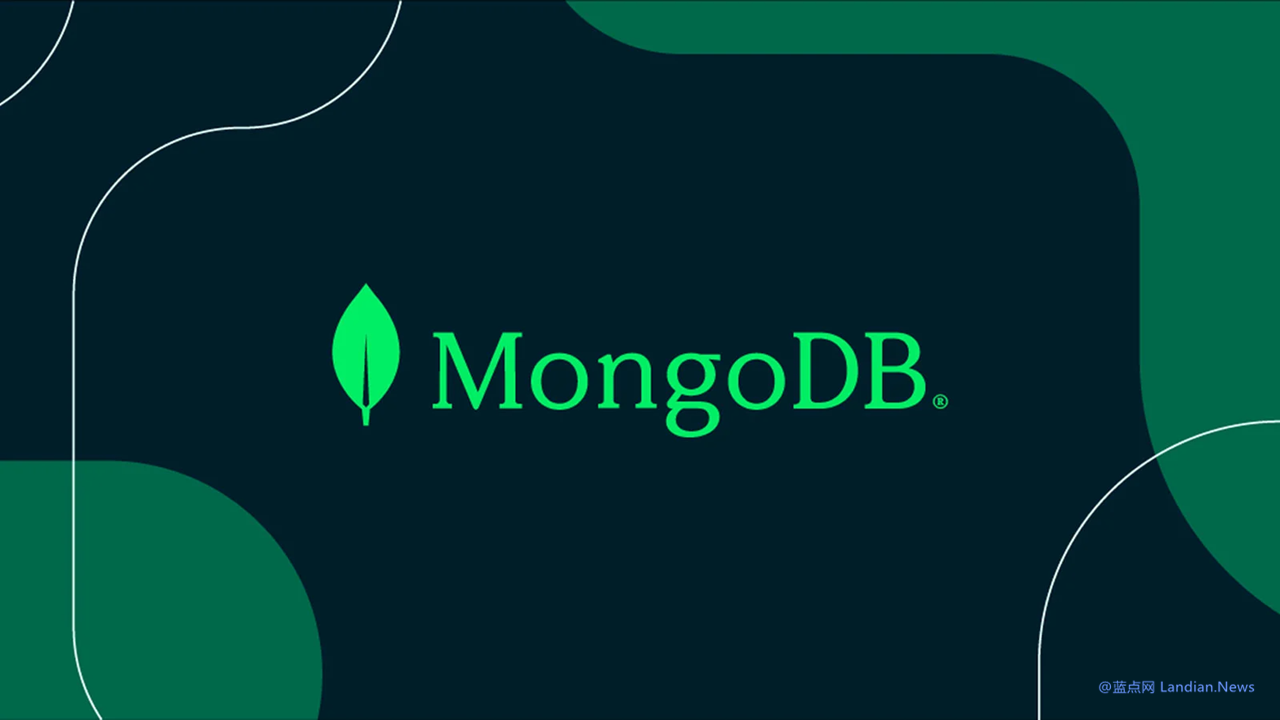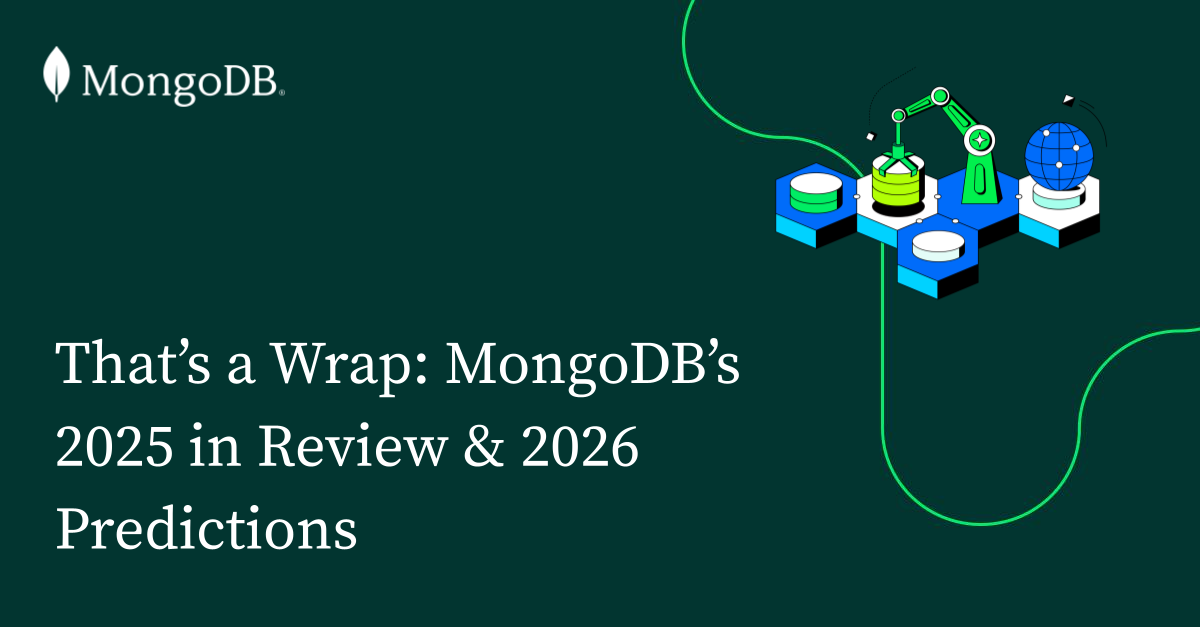Percona MongoDB操作员1.22.0:自动存储调整、Vault集成、服务网格支持等!
Percona Database Performance Blog
·
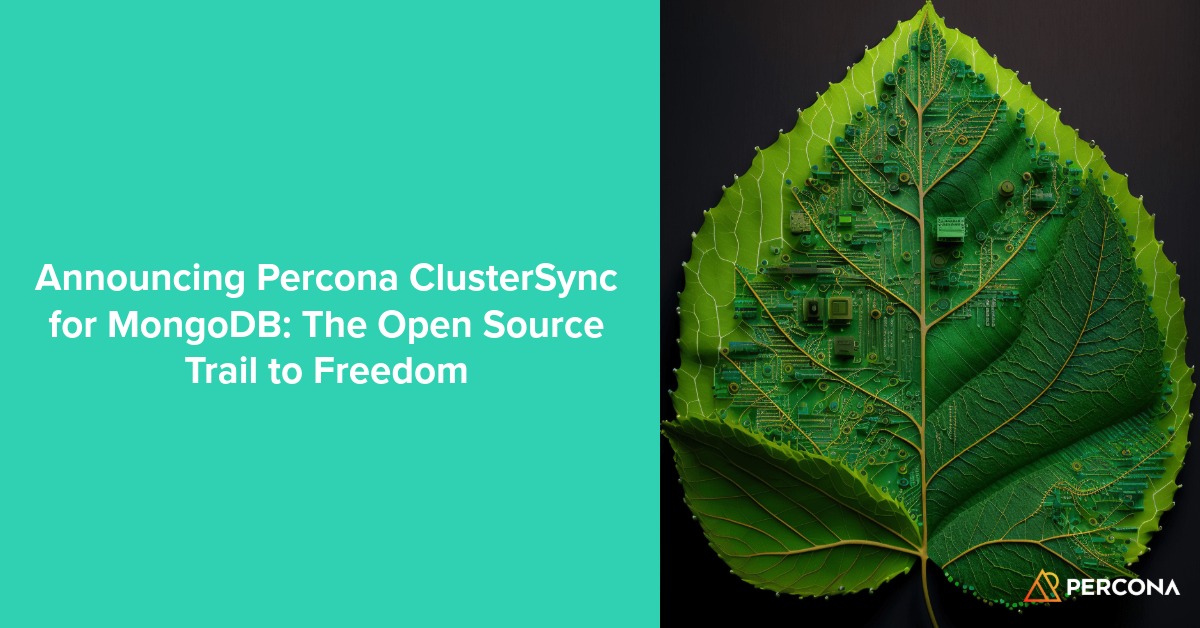
宣布发布Percona ClusterSync for MongoDB:通往自由的开源之路
Percona Database Performance Blog
·

紧急安全更新:修复Percona Server for MongoDB中的“Mongobleed”(CVE-2025-14847)
Percona Database Performance Blog
·
CVE-2025-14847(MongoBleed)— MongoDB中的高危内存泄漏
Percona Database Performance Blog
·
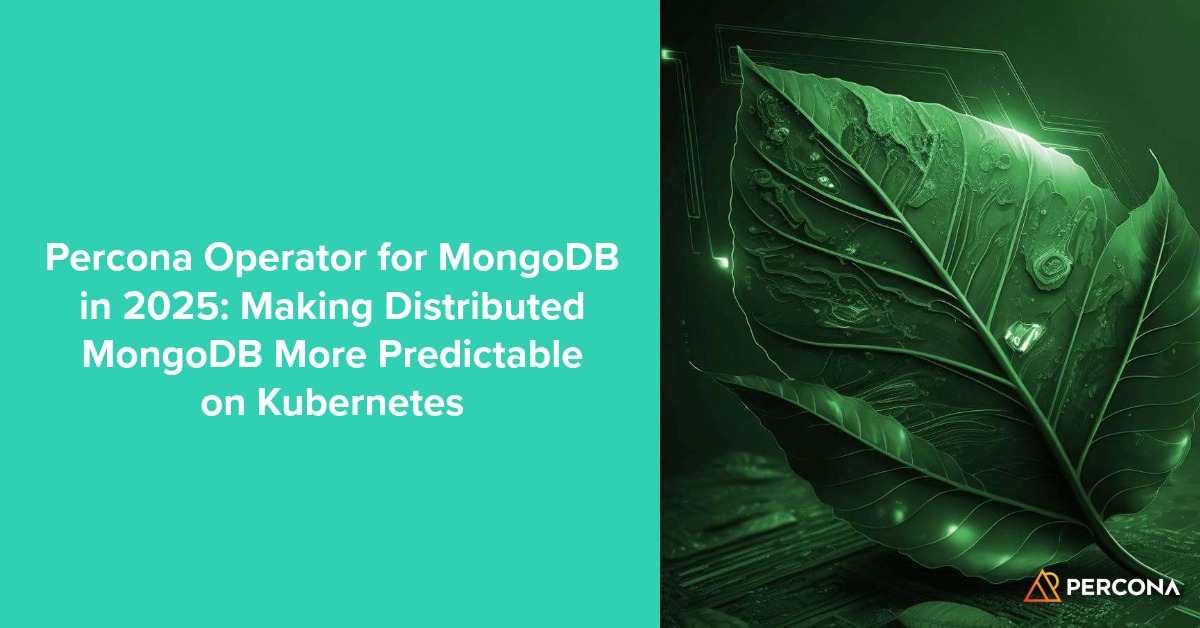
2025年Percona Operator for MongoDB:在Kubernetes上使分布式MongoDB更具可预测性
Percona Database Performance Blog
·
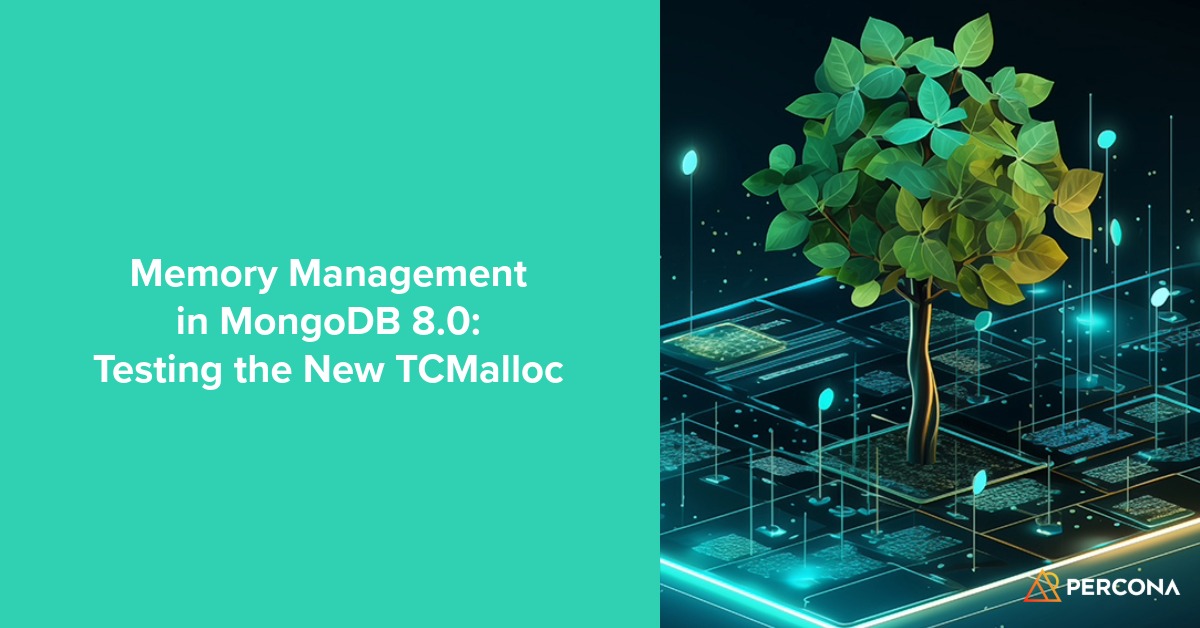
MongoDB 8.0中的内存管理:新版本TCMalloc的测试
Percona Database Performance Blog
·
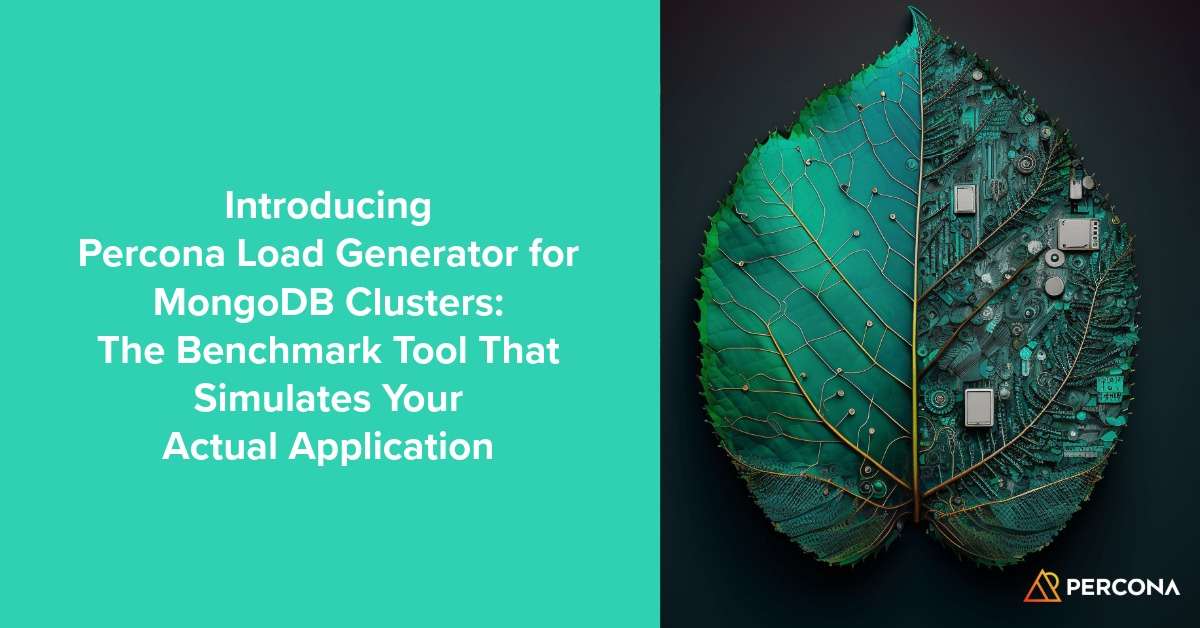
为MongoDB集群引入Percona负载生成器:模拟您实际应用的基准工具
Percona Database Performance Blog
·

Umair Shahid:PostgreSQL、MongoDB及其“无法扩展”的真正含义
Planet PostgreSQL
·
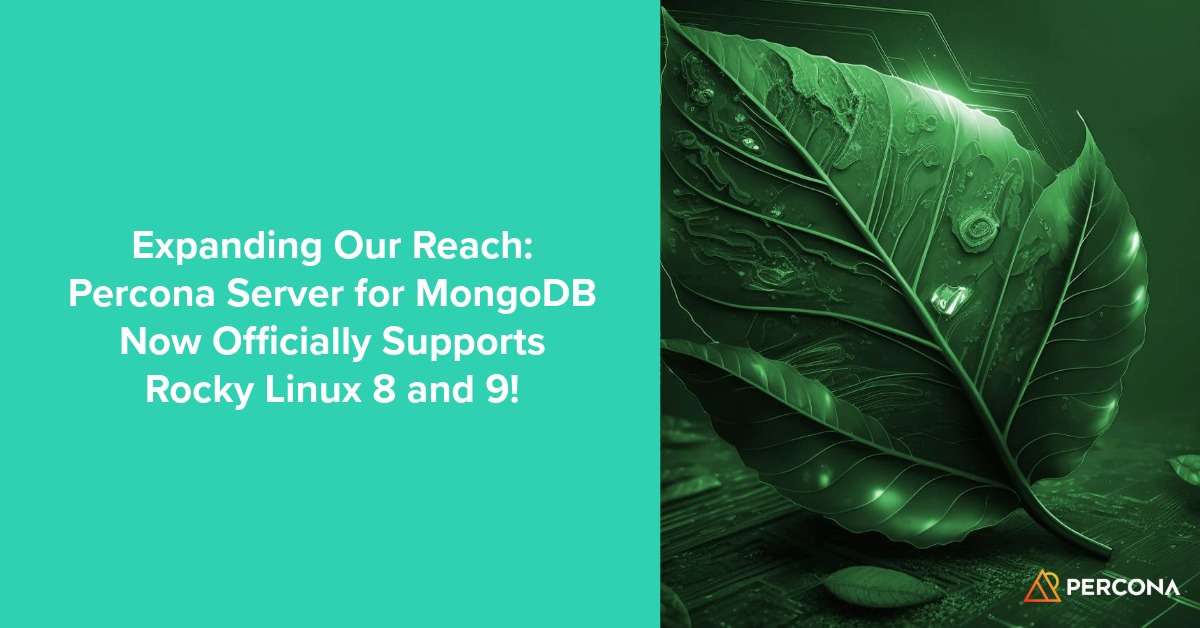
扩展我们的影响力:Percona Server for MongoDB 现已正式支持 Rocky Linux 8 和 9!
Percona Database Performance Blog
·


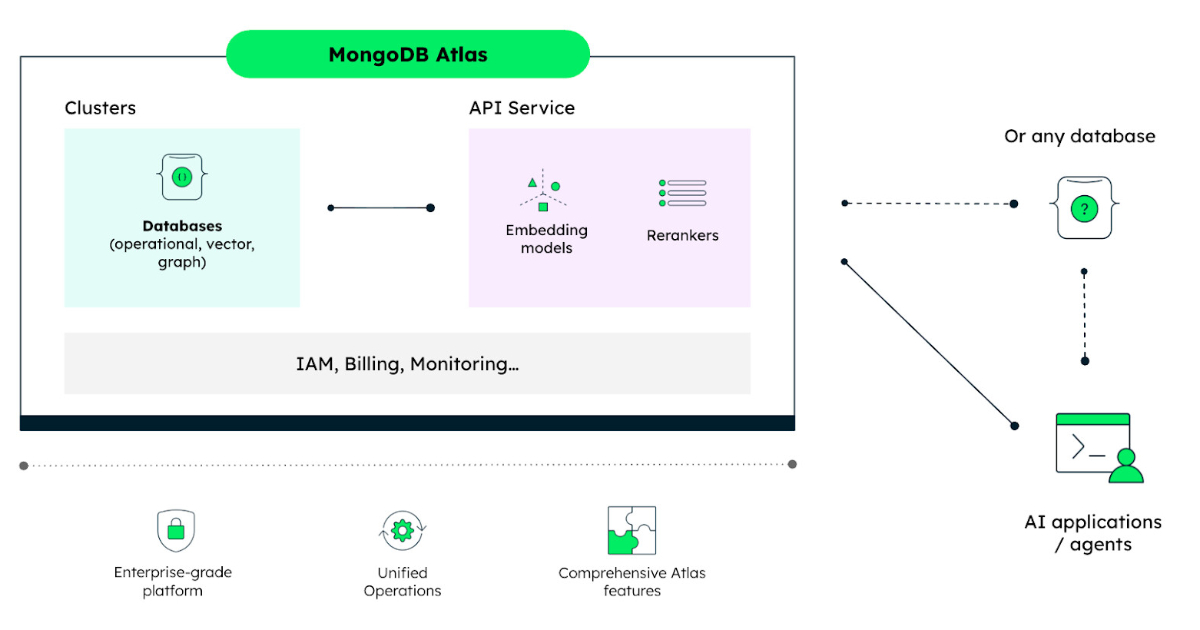
.png)
